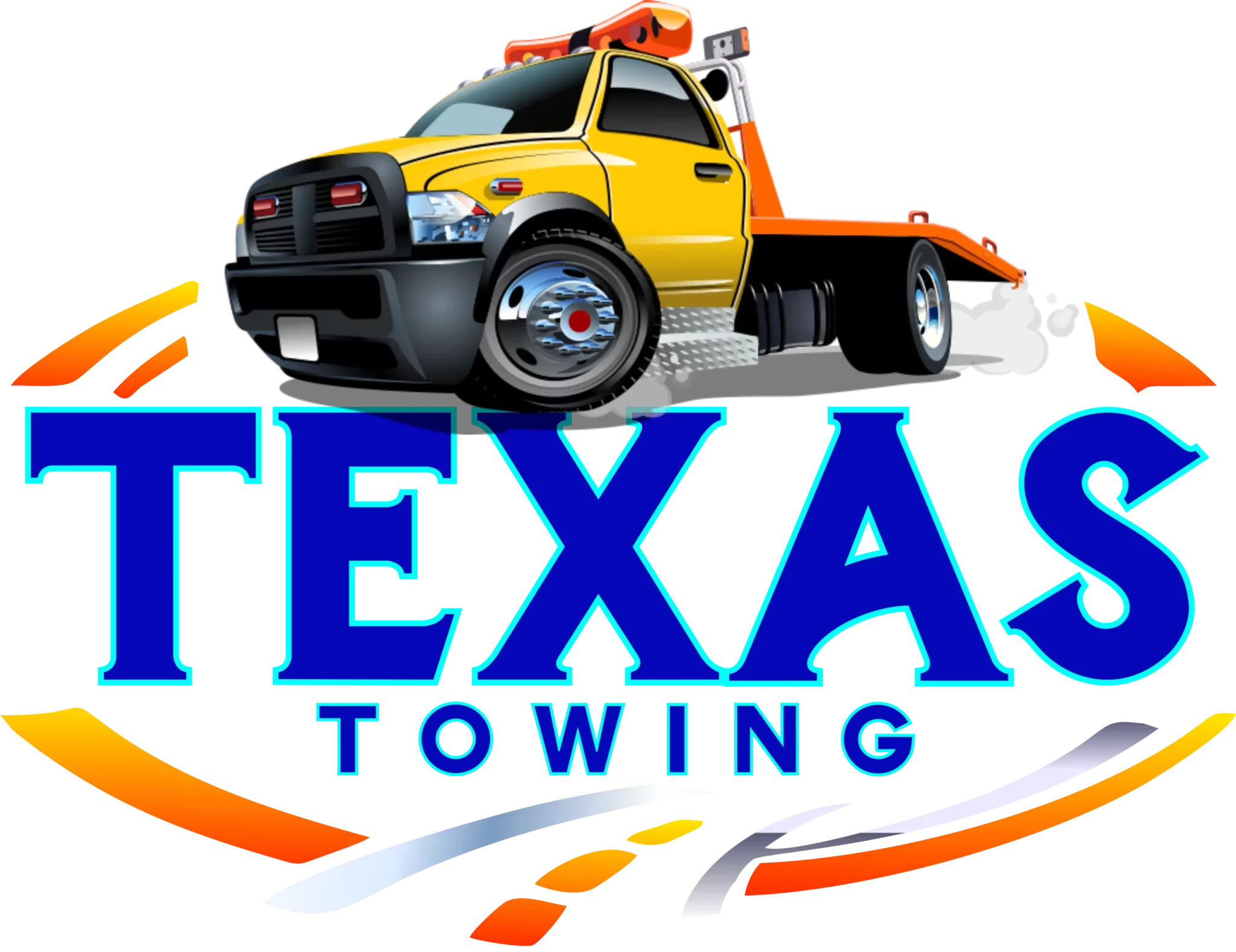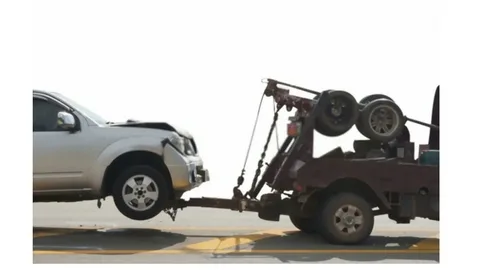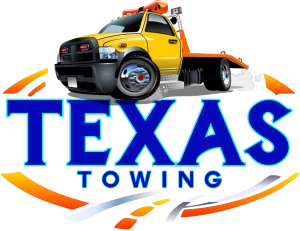A sudden vehicle breakdown or accident can be a stressful and inconvenient experience. Whether you’re stranded on a highway, stuck in a parking lot, or dealing with an unexpected car malfunction, a reliable vehicle towing service is crucial. Having access to a fast, safe, and hassle-free towing service ensures that you and your vehicle are transported to a secure location without added stress. In this comprehensive guide, we’ll explore the importance of vehicle towing, the different types of towing services, safety measures, and what to look for in a trusted towing provider.
The Importance of Reliable Vehicle Towing
Vehicle towing services play a vital role in road safety and accident management. Here’s why a dependable towing service is essential:
- Emergency Assistance – Vehicles can break down at any time due to engine failure, flat tires, battery issues, or accidents. A towing service provides immediate help to move your vehicle to a repair shop or another safe location.
- Prevents Further Damage – Attempting to drive a damaged or malfunctioning vehicle can worsen the situation. A professional towing service ensures that your car is transported safely without additional wear and tear.
- Enhances Road Safety – Stranded vehicles on highways and busy roads pose a danger to both the driver and other motorists. Quick towing services help clear the road and reduce accident risks.
- Peace of Mind – Knowing that a professional towing service is just a call away offers drivers peace of mind in stressful situations.
Types of Vehicle Towing Services
Towing services vary based on vehicle type, condition, and situation. The most common towing services include:
- Flatbed Towing – One of the safest towing methods, flatbed towing involves loading the vehicle onto a flat platform and securing it for transportation. This method is ideal for luxury cars, sports cars, and heavily damaged vehicles.
- Wheel-Lift Towing – This method uses a metal yoke under the front or rear wheels of a vehicle, lifting it slightly off the ground while the other wheels remain in contact with the road. It’s a cost-effective option for short-distance towing.
- Hook and Chain Towing – This traditional towing method uses chains to tow a vehicle. While effective, it may cause minor damage, making it less suitable for delicate or modern vehicles.
- Integrated Towing – This type of towing is commonly used for large commercial vehicles, including buses and trucks. It utilizes an advanced wheel-lift and boom system for secure towing.
- Motorcycle Towing – Specialized towing for motorcycles involves securing them onto flatbeds or using customized straps to prevent damage.
- Heavy-Duty Towing – Designed for larger vehicles such as buses, trailers, and RVs, heavy-duty towing requires powerful tow trucks with advanced lifting mechanisms.
Safety Measures During Towing
Ensuring a safe towing process involves following key safety measures:
- Proper Vehicle Securing – The towing operator must use strong and appropriate straps or chains to secure the vehicle to prevent movement during transport.
- Correct Tow Truck Selection – Using the right tow truck based on the vehicle’s weight and type ensures safety and efficiency.
- Driver Awareness – Tow truck drivers should be experienced and trained to handle different towing situations, including accident recovery and roadside assistance.
- Compliance with Road Regulations – Towing companies must adhere to traffic laws, weight limits, and safety standards to ensure smooth transportation.
- Use of Reflective Signs and Lights – Visibility is crucial during towing operations, especially at night. Reflective signs, hazard lights, and warning signals help alert other motorists.
How to Choose a Reliable Vehicle Towing Service
With numerous towing companies available, selecting a trustworthy service provider requires careful consideration. Here’s what to look for in a reliable towing service:
- 24/7 Availability – Emergencies can happen at any time, so choosing a towing service that operates 24/7 ensures immediate assistance.
- Response Time – Quick response is essential during emergencies. Opt for a service with a reputation for arriving promptly.
- Licensed and Insured – Ensure the towing company is licensed, insured, and follows industry regulations to protect your vehicle and avoid liability.
- Transparent Pricing – Reliable towing services provide clear and upfront pricing with no hidden charges.
- Well-Maintained Tow Trucks – The condition of the tow trucks used by the company reflects their professionalism and reliability.
- Experienced and Certified Operators – Skilled professionals with towing certifications ensure the safe handling of your vehicle.
- Positive Customer Reviews – Checking online reviews and testimonials helps determine the quality of service offered by a towing company.
- Additional Services – Some towing companies offer roadside assistance, such as jump-starts, tire changes, lockout services, and fuel delivery, which can be beneficial during emergencies.
Steps to Take When Calling a Towing Service
If you find yourself in need of a towing service, follow these steps to ensure a smooth experience:
- Stay Calm and Assess the Situation – Determine the severity of the breakdown or accident before calling for assistance.
- Move to a Safe Location – If possible, move your vehicle to the side of the road or a safe spot to avoid obstructing traffic.
- Turn on Hazard Lights – Alert other drivers by turning on your hazard lights to indicate an emergency.
- Call a Trusted Towing Service – Provide the towing company with your location, vehicle details, and the nature of the problem.
- Confirm Estimated Arrival Time and Cost – Ask about the estimated wait time and the cost of towing to avoid surprises.
- Stay with Your Vehicle – If safe, remain inside or near your vehicle until the tow truck arrives.
- Verify Credentials – Upon arrival, check the tow truck operator’s credentials and confirm that they are from the company you contacted.
- Get a Receipt – Always request a receipt for the towing service for your records or insurance claims.
Common Reasons for Vehicle Towing
Vehicle towing may be required for various reasons, including:
- Mechanical Failures – Engine trouble, transmission issues, and overheating may require towing.
- Flat Tires – If you don’t have a spare or the tools to change a tire, towing is the best solution.
- Accidents and Collisions – Vehicles involved in accidents often need towing to repair shops or salvage yards.
- Dead Batteries – When a jump-start isn’t enough, your vehicle may require towing to a service center.
- Illegally Parked Vehicles – Law enforcement may tow vehicles parked in restricted zones or blocking traffic.
- Out of Gas – Running out of fuel on the road may require towing to the nearest gas station.
- Car Lockouts – If you’re locked out of your car and can’t access the keys, some towing services offer lockout assistance.
Conclusion
A reliable vehicle towing service is an essential resource for any driver, providing fast, safe, and hassle-free assistance when unexpected breakdowns or accidents occur. By choosing a professional and reputable towing company, you can ensure that your vehicle is handled with care, minimizing stress and inconvenience. Whether you need emergency towing, roadside assistance, or vehicle transportation, having a trusted towing service on standby ensures you’re never left stranded. Stay prepared, know your options, and always prioritize safety when dealing with vehicle towing situations.


